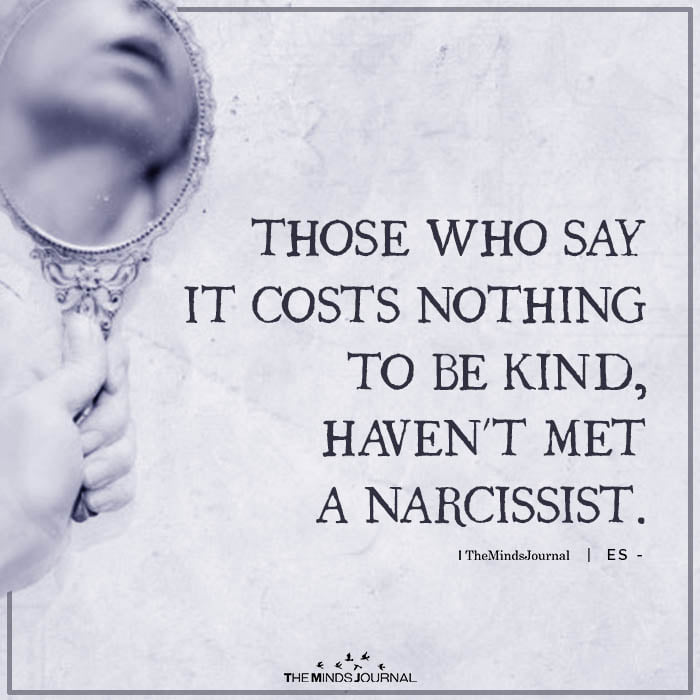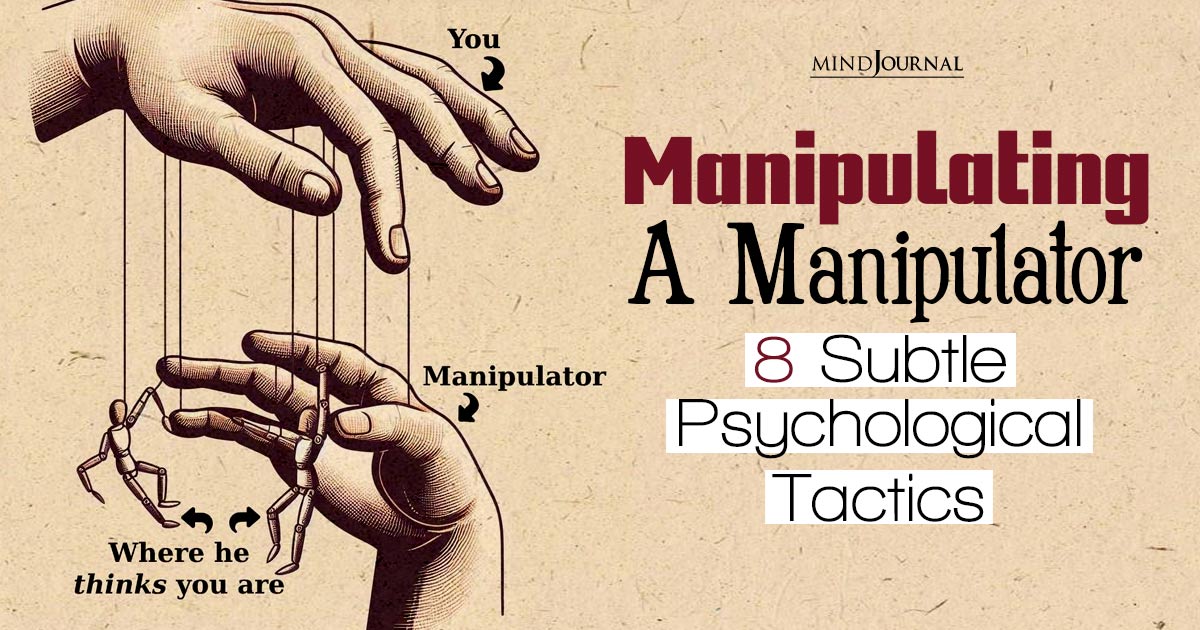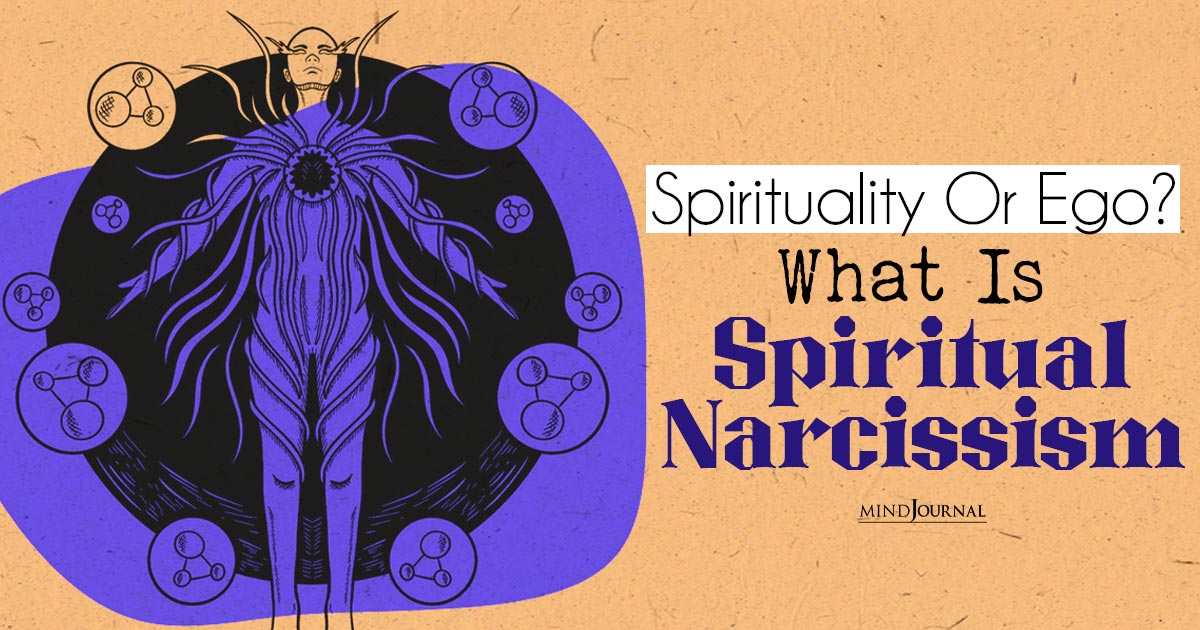Ever wondered what is something a narcissist would never say? In this article, we’re diving into six statements that are about as rare as a unicorn sighting in the vocabulary of a narcissist. This will also offer a glimpse regarding how does a narcissist behave in a relationship. So, come on, let’s explore all the things a narcissistic partner may never say in a relationship.
KEY POINTS
- A partner’s low emotional intelligence can impact your sense of self.
- A robustly and rigidly defensive partner may lack the emotional capacity to relate in healthy ways.
- Narcissistic partners rarely say things like “What I did was insensitive and I apologize,” or “I would be mad too.”
The constant absence of six sentiments may indicate a partner has narcissistic tendencies. Their lack of empathy, insight, and ability to self-reflect, be accountable, and partner with you instead of taking control may be evidence of low emotional intelligence.
An explanation of how these deficiencies impact you may help you evaluate the emotional safety of the relationship.
Related: What I Learned From Living With A Narcissist
What Is Something A Narcissist Would Never Say? 6 Things A Narcissistic Partner May Never Say
1. “I hurt your feelings, and that is not okay.”
Often, a narcissist is annoyed and indignant when their partner communicates a feeling that they do not appreciate. This may be most evident when the partner attempts to address an issue with the narcissist, which involves the narcissist doing or saying something hurtful.
Instead of conveying empathy, as in the statement above, they tend to dodge accountability and either shame the partner, dismiss the partner or withdraw their affection to punish the partner passively aggressively.
Owning a hurtful action in the moment is rare for narcissists because they are typically robustly defensive and resist “looking in the mirror.”
However, after several days or weeks pass, the narcissist may try to take responsibility for their selfish act but eventually minimize or subtly justify the transgression.
In place of authentic and heartfelt introspection during the course of the interaction, it can take days and weeks for the narcissist to grasp an understanding of their emotional mistreatment, and even then, they may not grasp the negative impact their actions had on you.

2. “You have every right to be upset.”
In a relationship, a narcissist often has difficulties honoring your feelings when they feel differently than you; thus, they lack empathy. Empathy requires a person to access the deep and uncomfortable emotions that allow them to momentarily resonate with a partner’s emotional discomfort in order to truly understand.
This allows the partner to feel less alone in their predicament and connected to a loved one who gets it. Feeling understood and close to someone in emotional distress is usually comforting and can speed up the healing process.
A narcissist may be too fragile to put themselves in another person’s shoes because it is difficult and taxes a waning sense of self. Providing empathy requires a person have “broad emotional shoulders.”
A narcissist usually has low emotional intelligence and thus prefers to be sympathetic because they escape the brief hardship empathy requires. Instead, they would rather be the hero. Sympathizing allows them to emotionally distance themselves from the pain by pitying you.
Next, they usually take a position of authority and tell you how to fix the problem or offer to swoop in and “save the day.” Either way, they use your most painful moments as an opportunity to fluff up their ego.
Related: Is Your Partner a Narcissist? 50 Key Signs You Need To Know
3. “I’m glad you told me that bothered you–I’ll try to be more considerate.”
Addressing an issue with a narcissist frequently leads to an epic battle. Their refusal to consider your perspective if it differs can be maddening. Frustrated and agitated, you may waste a lot of time and energy attempting to get the narcissist to understand where you are coming from.
Unfortunately, their inability to perspective-take in the context of an interpersonal relationship often prevents them from owning even small missteps in the relationship.
In addition, the narcissist may unfairly frame your attempt to address an issue with them as “aggressive” or “antagonistic.” They may immediately position themselves as the victim in the interaction and you as the “abusive party.” They often convince you and many others that you are unfairly persecuting them.
In addition, a narcissist may take this as an opportunity to project their tendencies onto you. Using deflection and then projection, they ignore your viewpoint and accuse you of doing what they actually did.
For example, when you confront them about a lie they told you, they twist the narrative and call you a “liar.” Due to their extreme defensiveness, they are typically unable to self-reflect, so it is unlikely that they will graciously accept the feedback and use it for permanent growth and change.
4. “What I did was insensitive–I apologize.”
Narcissists usually have a distorted self-image. They see themselves as innocent, at all times, and thus are rarely able to take responsibility for an insensitive or inconsiderate action or comment. Instead, they accuse you of being “picky, harsh, overly critical, or impossible to please.”
They tend to excuse their selfish or disrespectful behaviour as justified in response to your “unfair criticisms.” The unwavering denial that they have done something wrong prevents them from authentically admitting fault in a relationship.
The exception, of course, is when you are fed up and ready to end things. At this point the narcissist may issue a general apology for past behaviours, however, they often minimize and justify their wrongdoings.
The evidence of their insincerity is the continual repetition of hurtful behaviour in the future. They lack genuine empathy, remorse, and insight, so the apology is simply lip service in order to get out of “hot water.” This type of partner rarely apologizes when it matters the most.
Related: 5 Reasons Your Narcissistic Mate Deflates Your Happiness
5. “I would be mad too.”
One of the tell-tale signs of narcissism is a lack of empathy. A narcissist shames and dismisses you for identifying a feeling that they do not care to hear. The expectation is that you feel the same way about the relationship as they do.
If you are mad, they react angrily in response to your anger. If you dare to express a feeling that is incongruent with how they feel, they may passive-aggressively punish you by withdrawing their love and affection.
In order to avoid being emotionally abandoned, you may find yourself censoring your feelings because you are afraid that you will be rejected. A series of these micro-abandonments may cause you to shut down essential aspects of who you are.
Moreover, when a loved one strips you of your basic human right to feel what you feel, it can be dehumanizing. When you are treated as less than human, it may induce anger and pain. These experiences can be traumatizing.
Desperate to be heard, respected, and understood, and deeply disappointed when you are not, may result in feelings of loneliness and shame.

6. “How can I help?”
More often than not, a narcissist truly believes they know best. Unable to perspective take, they firmly believe there is one right way, and it is their way.
Because of this unilateral and egocentric viewpoint, they tend to tell their partner what to do–a lot. Because the narcissist believes they know everything, they demand that you follow their advice.
Also, narcissists tend to enjoy being the hero, so they like to save and rescue. In place of following your lead about how they can best support you, they may take over and grab control.
You may be grateful for the help, but it may also strip you of your own self-efficacy and create dependence on the narcissist. A loss of confidence in your own competence may follow.
Alternatively, a partner who asks for guidance on how to support you best may be someone who has faith in your ability to solve problems.
Taking responsibility for hurtful behaviour in the moment is rare for a narcissist because they lack the ability to introspect. Offering empathy is also uncommon for them, as they prefer to use your hardship as an opportunity to fuel their ego by either being the “expert” or by playing the “hero.”
In addition, considering your feedback is almost impossible for a narcissist due to their immediate and hefty defensiveness. An apology may only be issued when their back is against the wall, and taking over in place of asking you what you need may also be a sign.
Related: How To Live With A Narcissistic Partner And Take Your Power Back
For these reasons, a narcissistic partner may fail to respond in ways that preserve the closeness in a relationship.
Want to know more about how does a narcissist behave in a relationship? Check this video out below!
Written By Erin Leonard
Originally Appeared On Psychology Today









Leave a Reply
You must be logged in to post a comment.